The spectacular April 8 event comes less than seven years after the continent’s last total solar eclipse, which swept across vast swaths of the United States in August 2017.
They’re incredibly uncommon, yet not vanishingly rare. People are known to travel great distances to see them. Airlines offer ‘path of totality’ flights. And there’s nothing in the solar system that comes close to their inexpressible wonder.
A total solar eclipse is a magical celestial event that occurs when the moon moves between Earth and the sun. Though the sun is 400 times the diameter of the moon, it’s also, quite providentially, 400 times further away, so from Earth’s vantage point, our moon, when the timing and positioning is just right, will fully block the sun, instantly turning day to night, and – for a short time – delivering the awe-inspiring spectacle of a black disc suspended in a dusky sky, enrobed by a blazing ring of light.

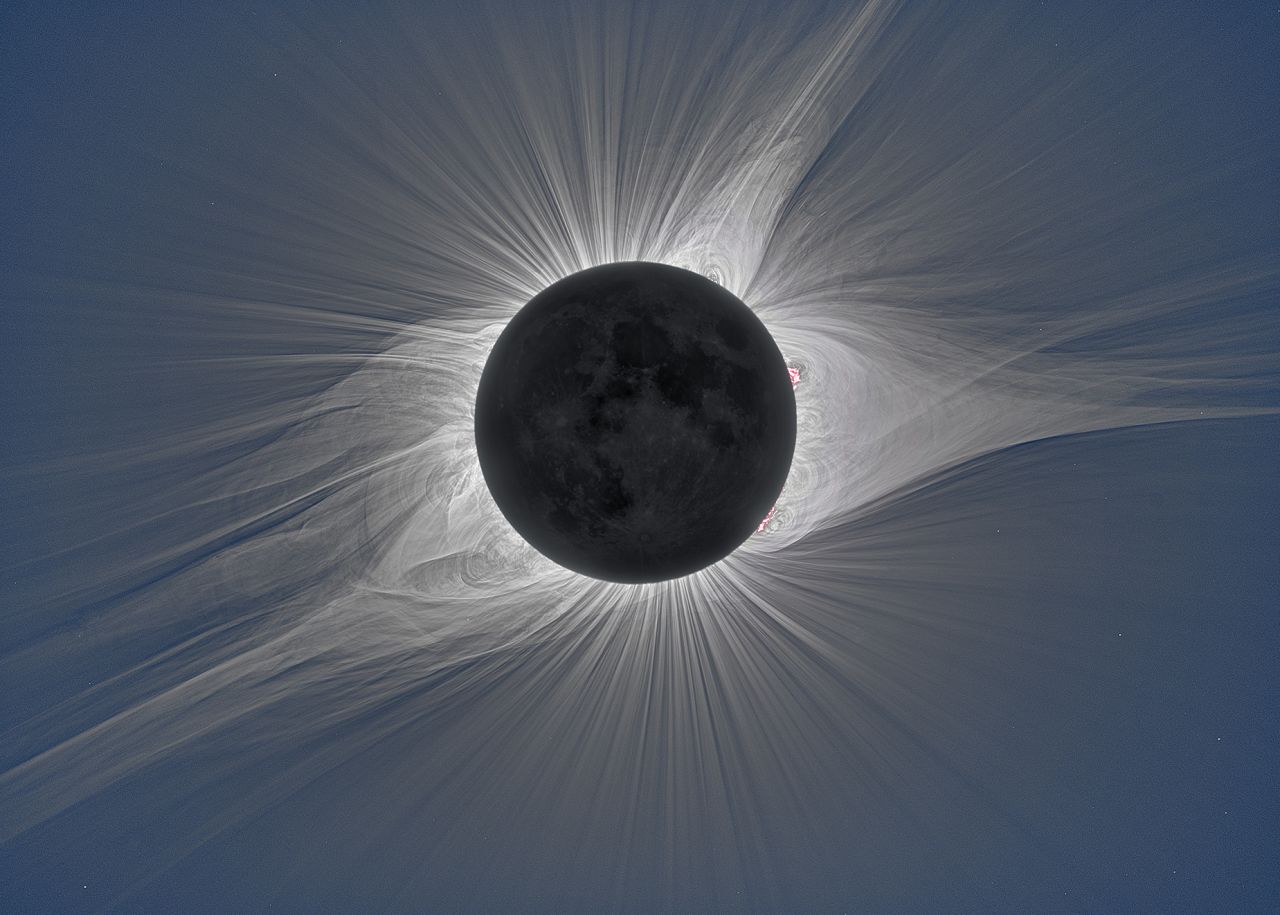
Americans have been incredibly fortunate with recent eclipses, having just witnessed one that spanned the majority of the country, following closely behind the notable “Great American Eclipse” of 2017, tracing from Oregon to South Carolina. However, such occurrences are not at all common and won’t repeat anywhere in the U.S. until the 2040s (August 22, 2044, to be precise.)
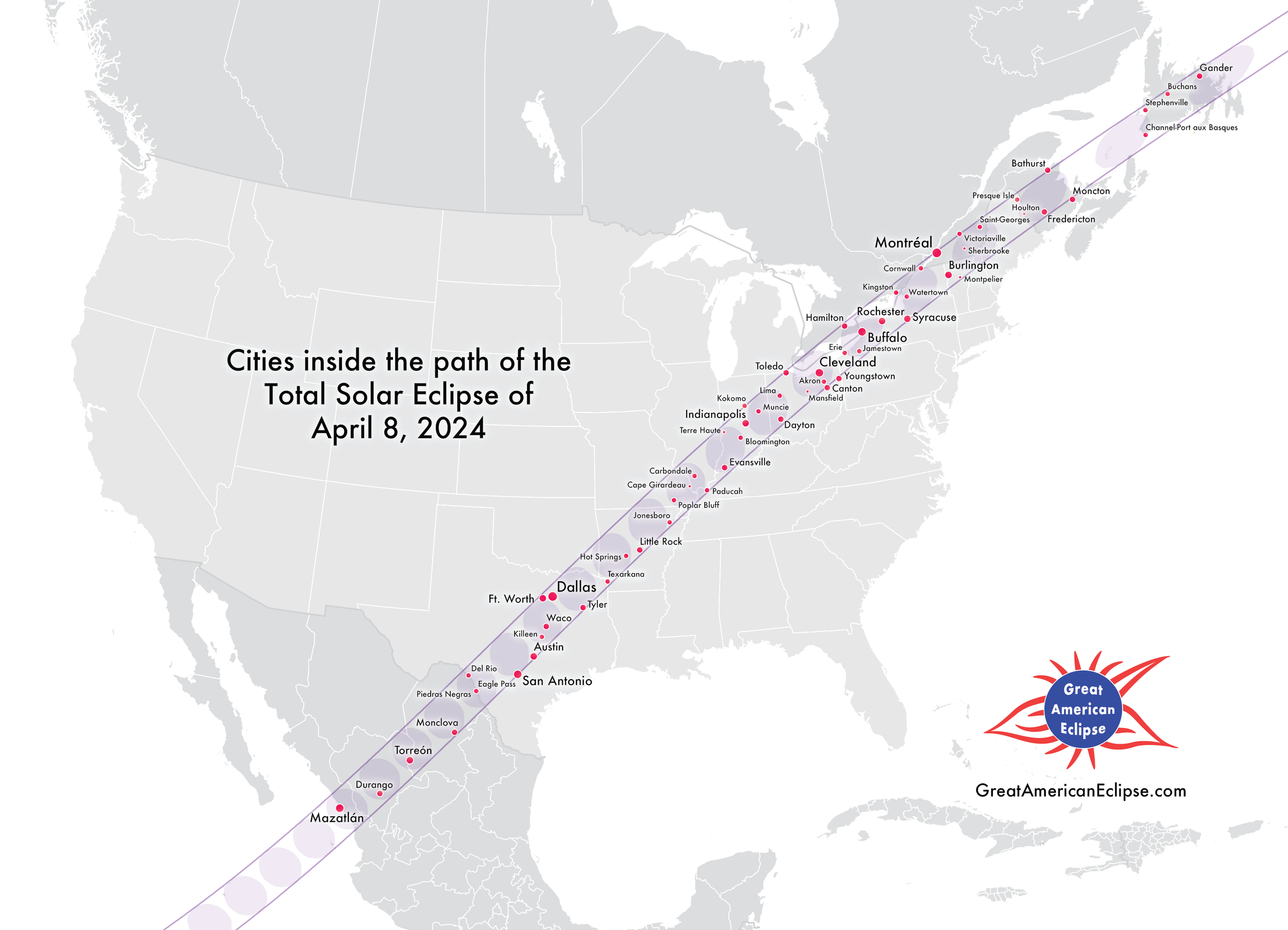
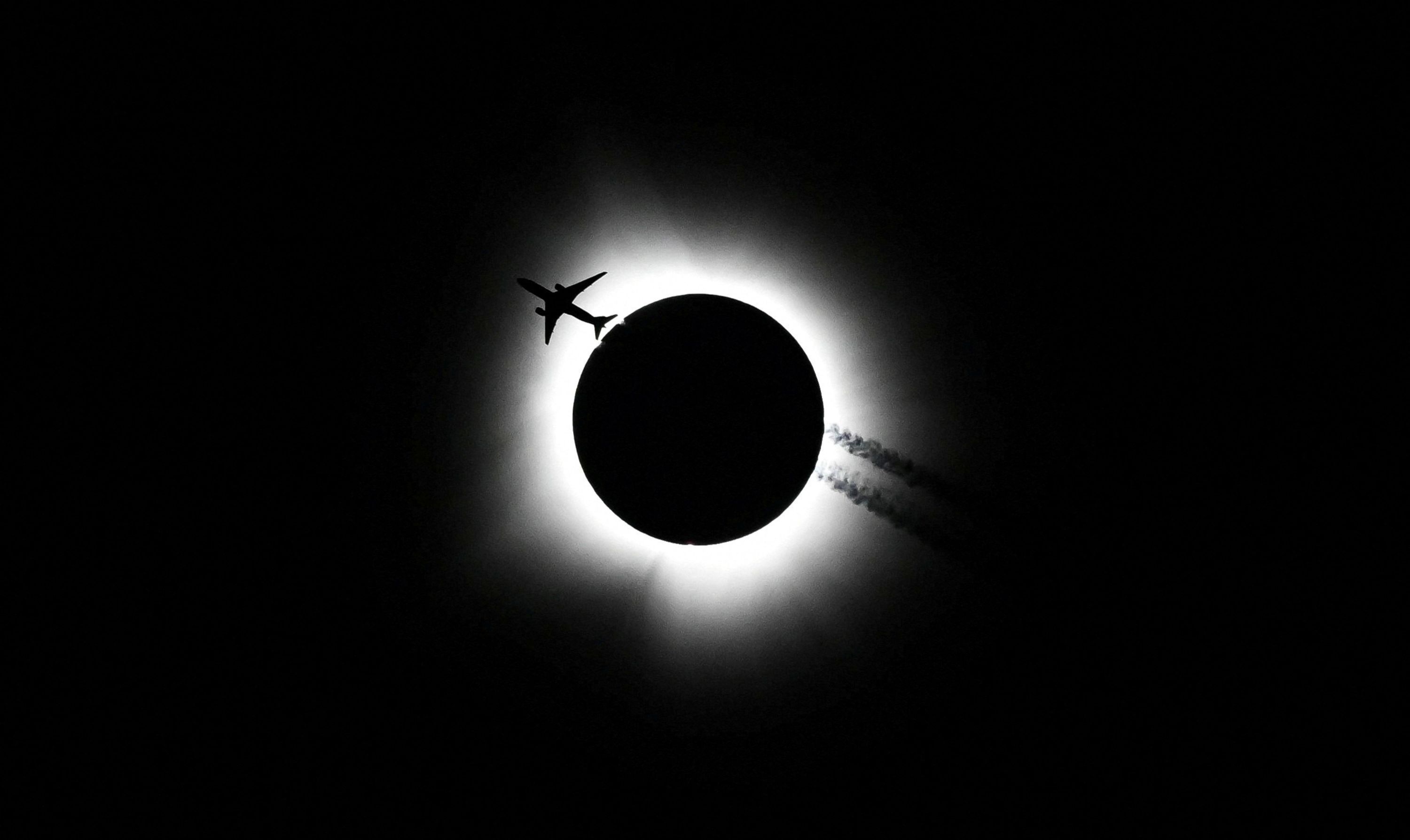
UPCOMING TOTAL SOLAR ECLIPSES
Here in Malaysia, it will be a much longer wait. Kuala Lumpur will see its next total solar eclipse on July 5, 2148. (There is a total lunar eclipse next year, September 7, 2025, though that event is orders of magnitude less impressive.)
The world’s next total solar eclipse, however, will take place on August 13, 2026. This eclipse will be Spain’s event, with the path of totality sweeping across the north of the country.
For those in the region, unquestionably the next best chance to see a total solar eclipse will be on July 22, 2028. Mark your calendars for this one, because the very centre of the path of totality will envelop Sydney, plunging Australia’s largest city into daylight darkness for nearly four minutes, before racing southeast towards New Zealand, where the South Island towns of Queenstown, Milton, Dunedin, and others will see totality lasting for almost three minutes. Popular travel spot Milford Sound will also enjoy the total eclipse.
South Australia, meanwhile, will get its own chance in November 2030, as another total solar eclipse will sweep just north of Adelaide, giving enthusiasts there up to two minutes of totality.
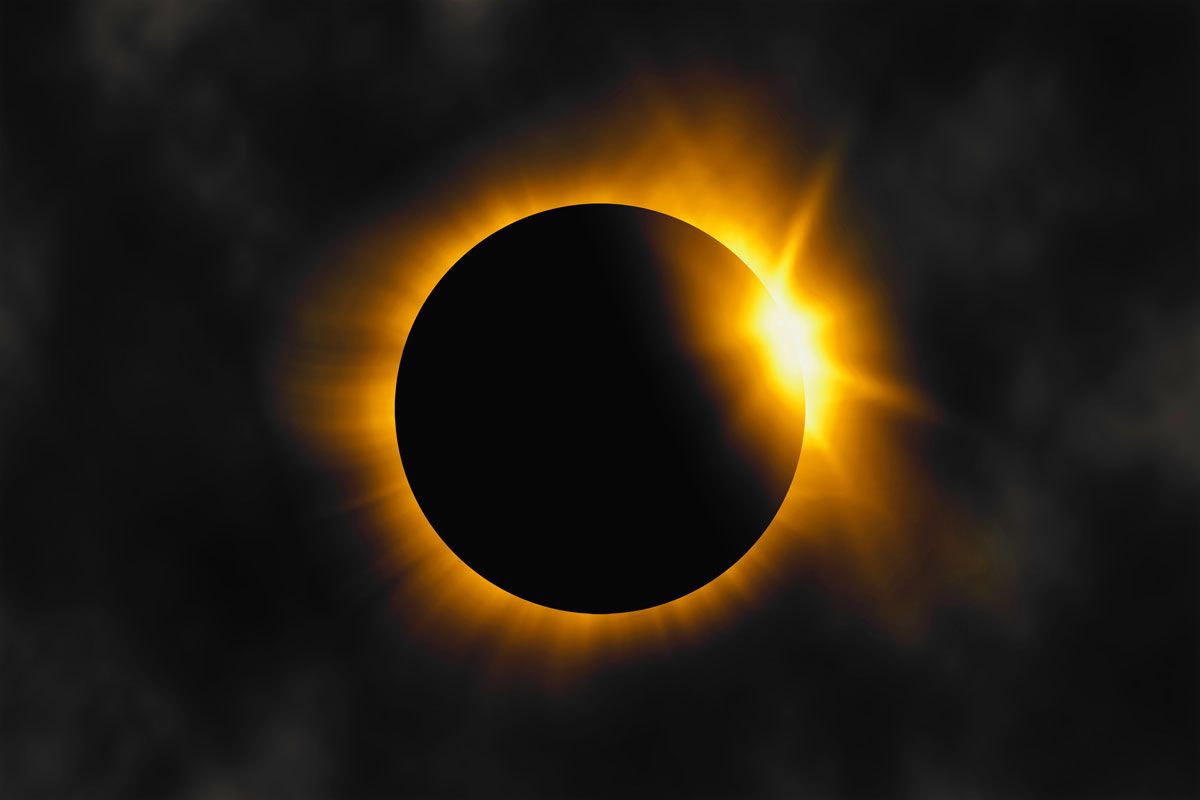
ECLIPSES RESULT FROM A WONDERFUL COINCIDENCE
According to Dr. John Mulchaey, deputy for science at the Carnegie Institution for Science and director of the Carnegie Observatories, an eclipse typically transpires in the same location every 375 years. Presently, we’re living in an era that offers a unique opportunity to behold the spectacle of a total solar eclipse on Earth.
While eclipses do happen elsewhere in the solar system, none match the distinctive character of those observed from our vantage point. The moon’s proximity to Earth, approximately 400 times nearer than the sun, results in a “beautiful coincidence” when the three celestial bodies align, known as syzygy.
As the moon covers the sun, the change on Earth in the path of totality happens with astonishing speed. In the very moment the disc of the moon slides completely into place and fully obscures the sun, the sky almost instantly takes on an eerie dusk-like quality. The temperature drops quickly, animals react, any observing humans either cheer or fall into silent awe of the spectacle, and in the sky, the fiery corona of the sun can be streaming out from the shadowy black orb of the moon. There is nothing on Earth like a total solar eclipse.

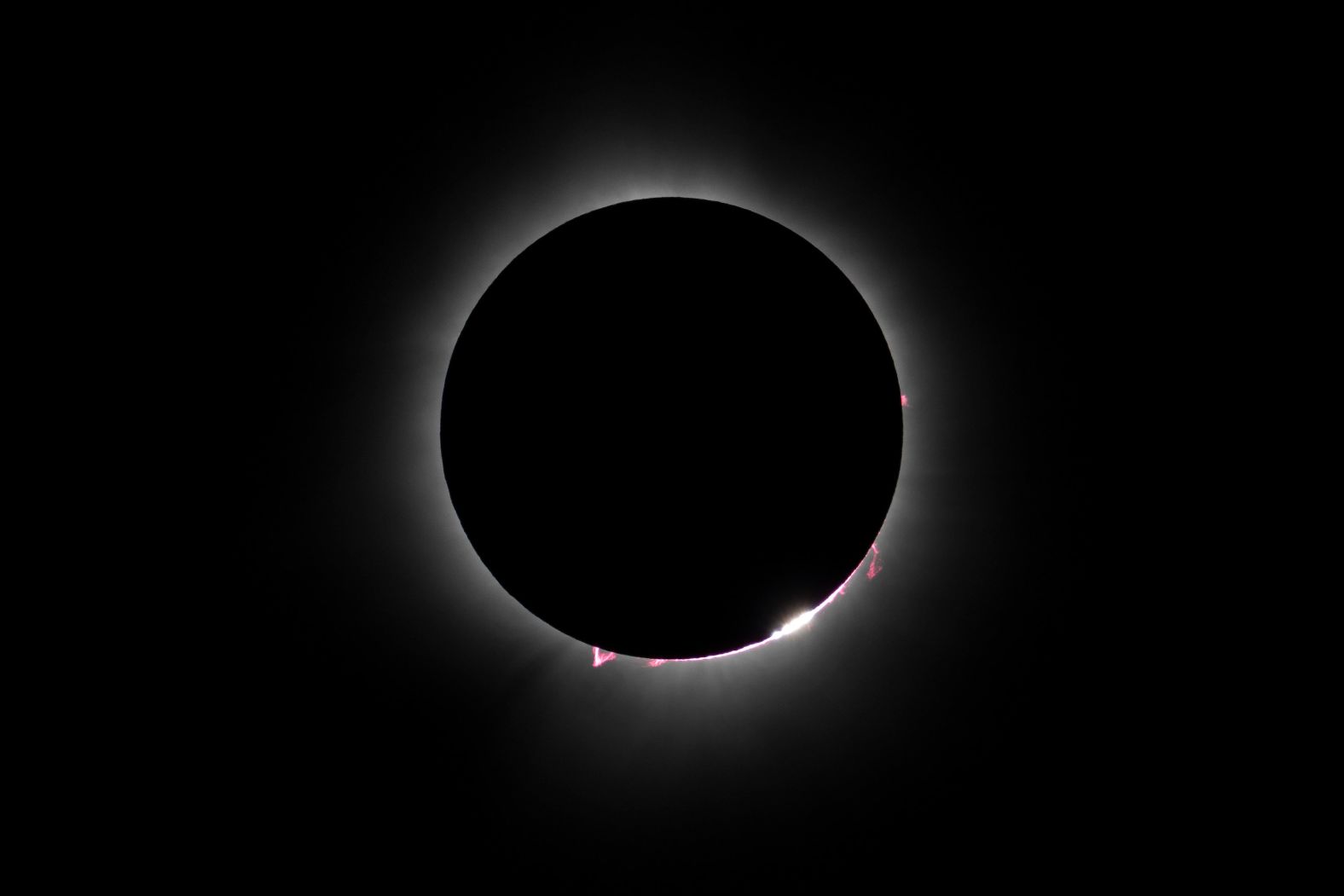
Humans today are fortunate in that they are living in the “right time” for such an incredible celestial event. In ancient times, when the moon was closer to Earth, the totality phenomenon likely differed from what we see today. Conversely, in the far, far distant future, the moon will retreat so far away that it will no longer obscure the sun, making this a fleeting moment in cosmic history, as noted by Mulchaey.
AN EXPERIENCE LIKE NO OTHER
To enjoy the emotional moments recorded by NBC News as eclipse observers experienced totality, watch the video below:
"ExpatGo welcomes and encourages comments, input, and divergent opinions. However, we kindly request that you use suitable language in your comments, and refrain from any sort of personal attack, hate speech, or disparaging rhetoric. Comments not in line with this are subject to removal from the site. "





















